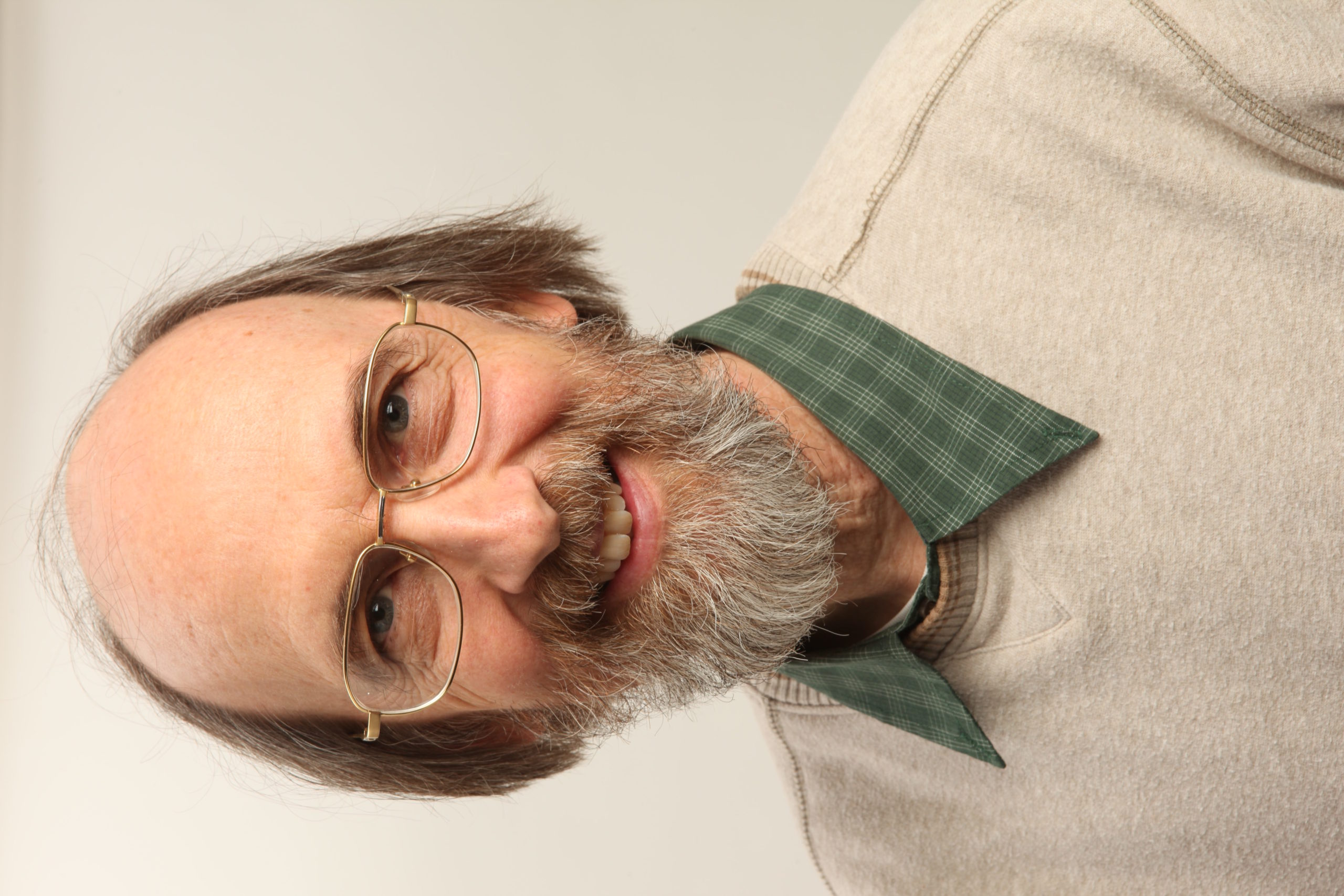Titus Peachey was one of three men who attended All You Need is Love. His spouse Linda Gehman Peachey was also a participant and presenter. Conference planners welcomed men as listeners and supporters. In this post Titus reflects on his experience of the conference through a few different lenses.
By Titus Peachey
Welcome: I was warmly welcomed by everyone. Numerous times women would “check in” to ask how I was doing, and express affirmation for my presence. I was grateful for the gracious hospitality I experienced from so many. Nonetheless… I did worry.
Maleness: I wasn’t sure how prominent my maleness would rank in terms of how I experienced the conference…but being one of only 3 men in a conference of nearly 200 women…with much of the focus on women’s experiences and lenses through which to view theology… I was very conscious of my male identity and perspectives throughout.
Concern/Worry: My primary concern before ever getting to the conference, was that my presence, and the presence of other men, would make the space less safe, less inviting for women. I worried that perhaps not all women participants would realize that the conference was open to men who came in a listening posture… and think that I/we had imposed ourselves. I definitely did not want to impose.
Posture: I was determined to maintain an unobtrusive, listening posture. I purposed not to speak in any workshops. When not with Linda my spouse, at meals, I sat at empty tables so women could self-select whether they wanted to be in male company or not. I deliberately attended the paper presentations rather than the more interactive workshop settings for two reasons:
-Many of the workshop themes felt intimate… places where women may feel too vulnerable to speak in the presence of a man. I wanted these spaces to feel free.
-The paper presentations, given the time constraints, were just that. There was no breaking into small groups, so I could simply sit and listen like everyone else. And the tone of the presentations tended toward the more academic, less personal/vulnerable.
This posture did not feel burdensome, but it did require vigilance.
Circle Group: I was grateful for the male circle group. We routinely met outside the main room at the tables in the surrounding space. For some reason, on the last morning after the powerful presentations, we began meeting at the side of the main room, standing up around one of the high tables.
We were soon joined by a woman who very apologetically said: “I’m sorry, but I just can’t hear male voices right now.” We thanked her and immediately left the room to continue our conversation. I had a follow-up conversation with this woman afterward, thanking her for paying attention to what she had been feeling and for having the courage to voice it to us.
This experience affirmed the importance of my attempts to maintain a listening and low-profile posture throughout the conference… but also made me wonder how many times women were bothered by the presence of men, but said nothing. I suspect there must have been some of this.
Themes: I was struck by several themes that I couldn’t imagine being present at a men’s conference in the same way:
-The theme of self-love/self-care: I found it amusing to imagine 200 men at a conference singing “I found God in myself, and I loved him fiercely!” Scary thought, because I sense that most men don’t need to be reminded that God is within. We need help understanding that we are not God. I know men need self-love, and we would have a different starting point for the discussion.
-The theme of body/mother-earth/creation care/God-image: Women’s role in birthing/nurturing children with their bodies makes this connection natural and powerful. Men don’t have this same body connection… but perhaps the deeper question is whether we would see any value in making such a connection for ourselves. I wonder… and I wonder how this influences men’s relationship with the environment.
-The view from the underside: There was an assumption, sometimes explicitly voiced… that women have been violated, demeaned, exploited and oppressed. Women know this. Men are burdened and harmed by violent images of masculine identity present in the media, family structures, sports and the military (to name a few). Mostly, however, because of our male privilege, we don’t realize that we have been harmed in this way. Our privilege often masks this.
So it was sobering to be among a large group of women who voiced their exploitation and violation in such powerful ways…realizing that more than half the world’s population, to some degree, shares this experience. Add to this the experiences of oppression/violation known by men of color (not that these oppressions are equal or experienced in the same way) and I begin to understand how unusual it is to be white and male in our world… And in our society white men comprise roughly 32% of the population, yet so many of our society’s norms have been created by white men… sobering and humbling.


